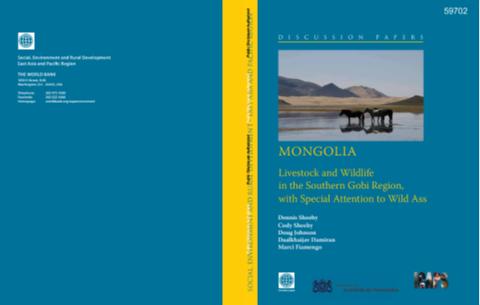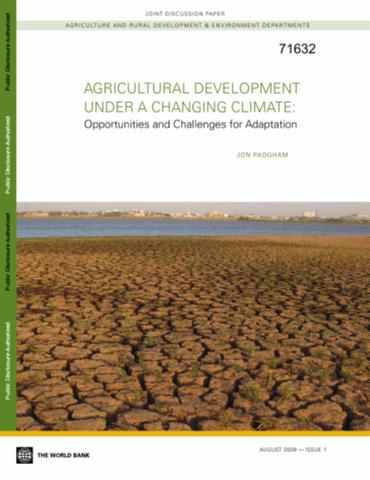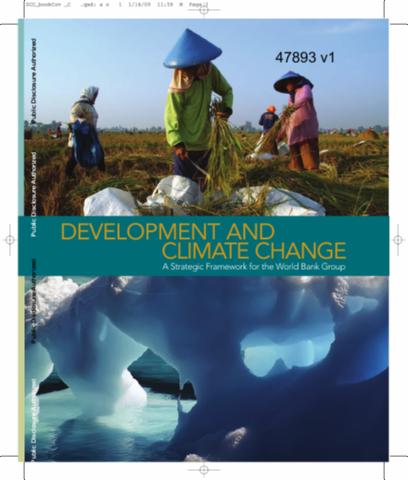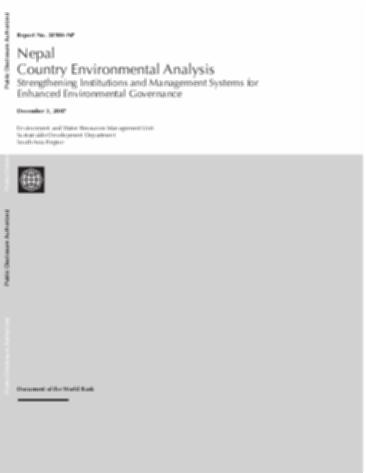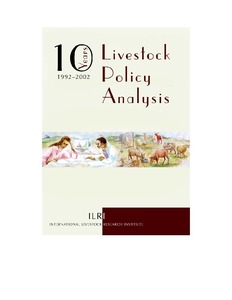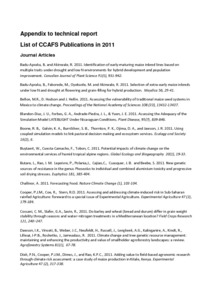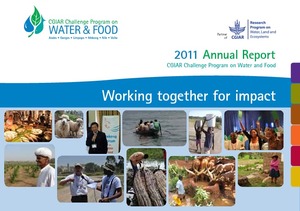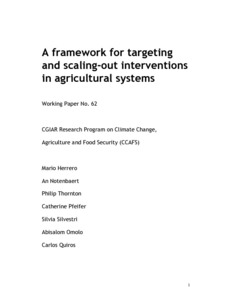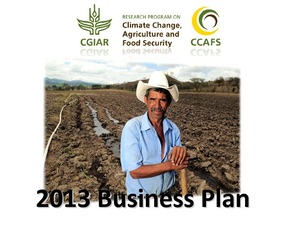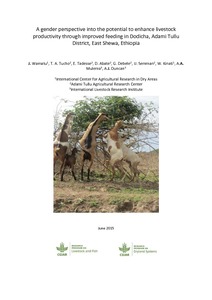Mongolia
The purpose of this report is to examine development trends in the Southern Gobi Region (SGR) as they affect livestock and wildlife. It provides an overview of the environment and natural resources of the region, discusses existing relationships and interactions among humans, livestock, large herbivore wildlife, and the natural resources on which they are dependent. It then explores the impact that economic development of the region is likely to have if that development does not consider the needs of the current users.

